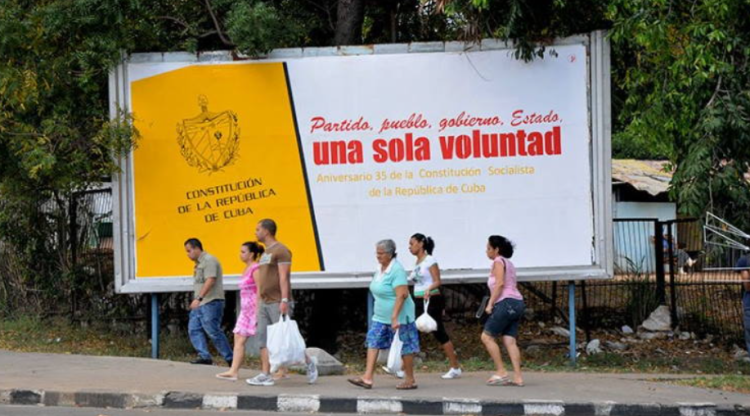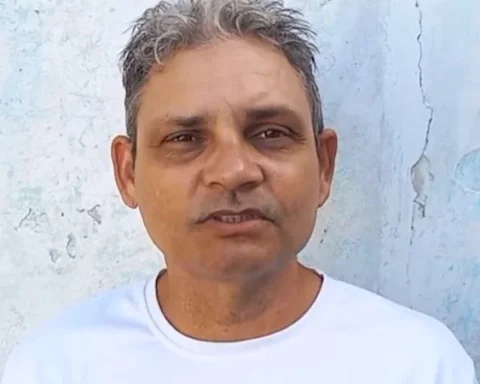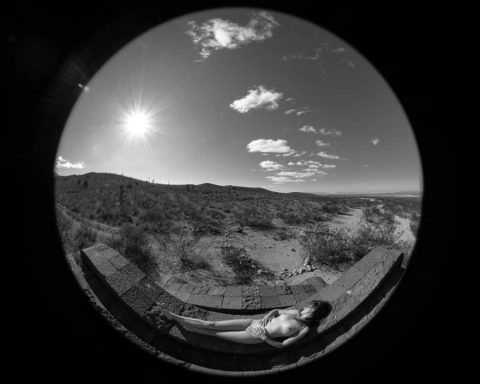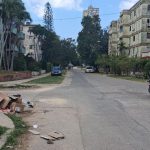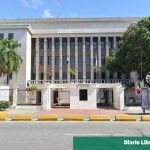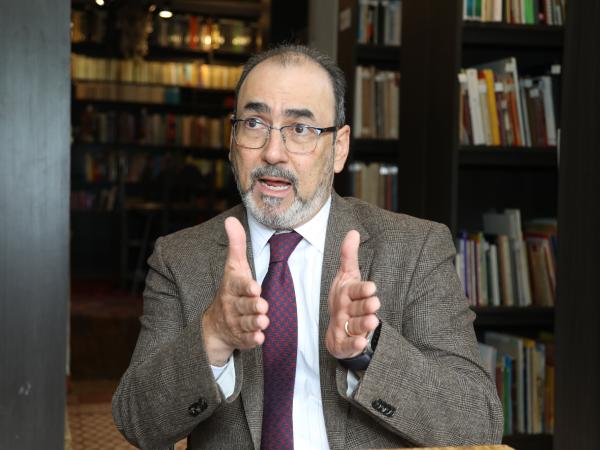AREQUIPA, Peru – The report “Cuban University Students in the USSR (Union of Soviet Socialist Republics) of Perestroika. Illusion in Flight” by the Observatory of Academic Freedom (OLA) is the platform’s most recent analysis of Cuban reality.
The text, corresponding to June 2024, addresses the socio-political context that led to the democratic transformations in Eastern Europe, as well as its impact on the political and economic decisions of the Cuban regime.
The OLA recalls the month of March 1986, when the Communist Party of the Soviet Union (CPSU) launched two programs aimed at recovering the economy and revitalizing society: Perestroika and Glasnost.
At the time, Fidel Castro reacted in the opposite direction, the report says, reinforcing state control of the economy and promoting new authoritarian policies.
“In a discursive turn focused on not recognizing the need for a process similar to PerestroikaCastro promoted the Process of Rectification of Errors and Negative Trends,” the Observatory indicates.
In this regard, the text details that the process of Rectification of Errors demonstrates the immobility of the totalitarian State in Cuba and the refusal of the party leadership to promote changes that would democratize political life and generate sustainable economic development.
“On the academic level, this translated into a strengthening of political doctrine from the very beginning of teaching, in order to form generations more committed to the process,” highlights the OLA.
Important ideological purges were carried out in that period that separated the teaching system from students and professionals that showed any sign of “weakness in their revolutionary ideas.”
The report also addresses the violation of the rights of two Cuban students whose dismissal was the official response to dissent, and examines a Cuban regulation that supports academic repression on the island.
These are “branch regulations that address the teaching and research discipline for work in higher education. The first code was approved in Resolution 315/2006 of the Ministry of Higher Education (MES), while the second, which replaces the aforementioned document, was published in Resolution 17/2015.”
The two regulations contain “a series of elements intended to control the development of pedagogical and research cycles”, as well as “the obligations and prohibitions that permeate the working life of universities and research centres”, whose violations, the OLA experts detailed, “are grouped into several regulatory spheres: moral, patrimonial, security and teaching”.
The Observatory presented the case of the student María del Carmen Ares Marrero, who studied film direction at the Moscow Film Institute during the years of Perestroika and was expelled from the Union of Young Communists and the Cuban higher education system after she gave “several interviews to the free press in which she expressed her disagreement with the Cuban authoritarian regime and pointed out the need to democratize the political life of the Island.”
On the other hand, the report highlights the recent experience of student Leidy Laura Hernández Naranjo, who was expelled from the “Mártires de Bolivia” Workers’ and Peasant College in Santa Clara, “due to her political stance against the State and the Revolution.”
The OLA emphasizes that Hernández Naranjo maintained a shelter for abandoned animals that was harassed by State Security And, in addition, during the days of the barracks at the headquarters of the San Isidro Movement, he shared several posts on his social networks that denounced the situation.
The Observatory of Academic Freedom has documented 118 episodes of academic censorship and human rights violations in Cuban educational institutions through 42 reports published to date.
